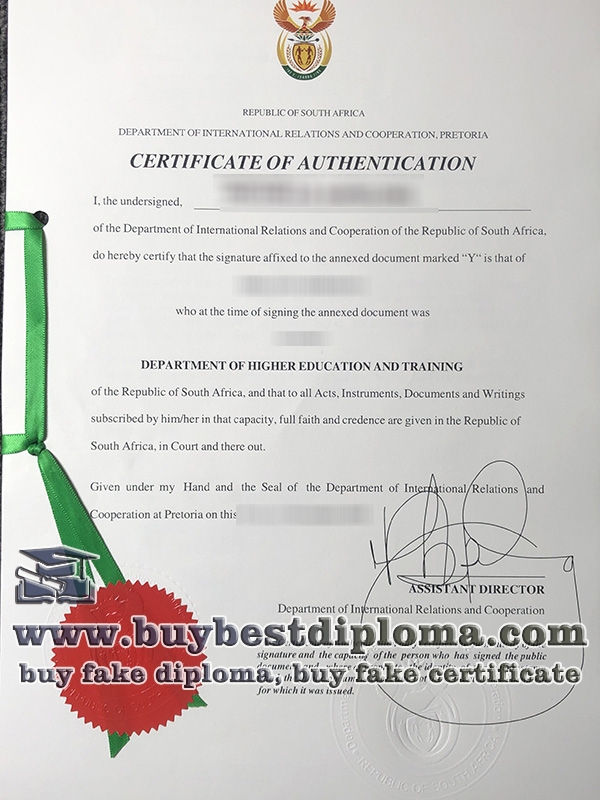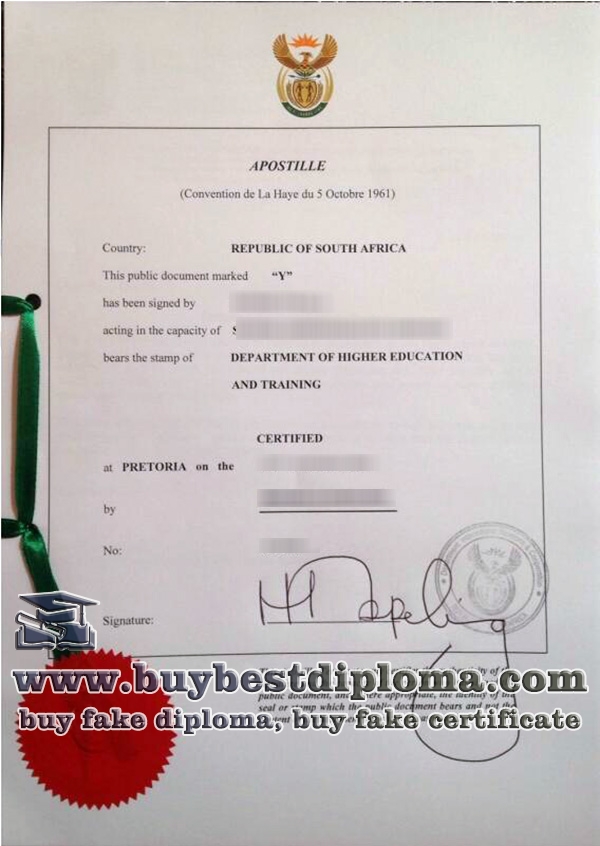Apostille and authentication are not interchangeable. If you choose the wrong method of certification for your documents, they will be rejected by the foreign country and you have to begin the process all over again. Order fake degree with apostille, buy fake diploma with authentication certificate, make a fake diploma with attestation.
The first and most important step is to check the requirements of the country you’re planning to send the documents to.
If, for example, you’re trying to establish a business presence in Canada and send an apostille, it will be rejected. Although it’s a big trading partner and ally of the United States, Canada is not part of the Hague Convention and therefore requires authentication for documents.
How the California apostille and authentication looks like-
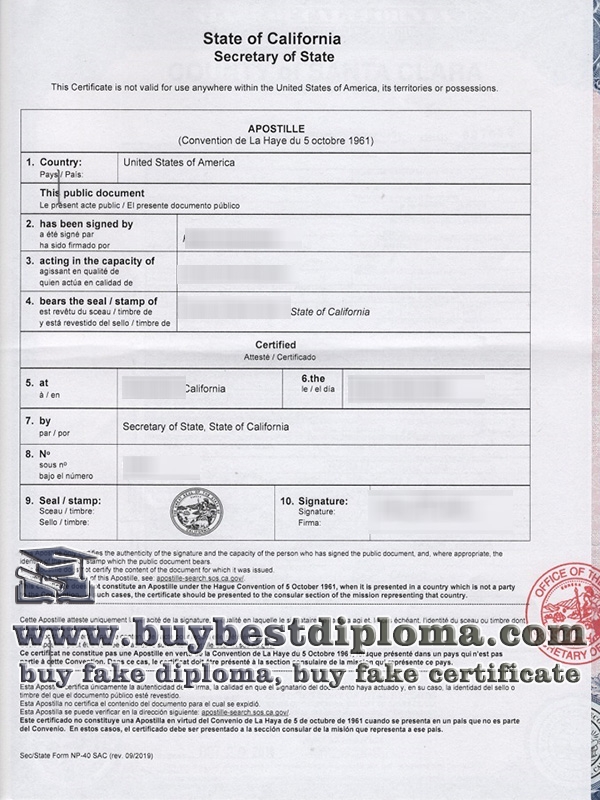
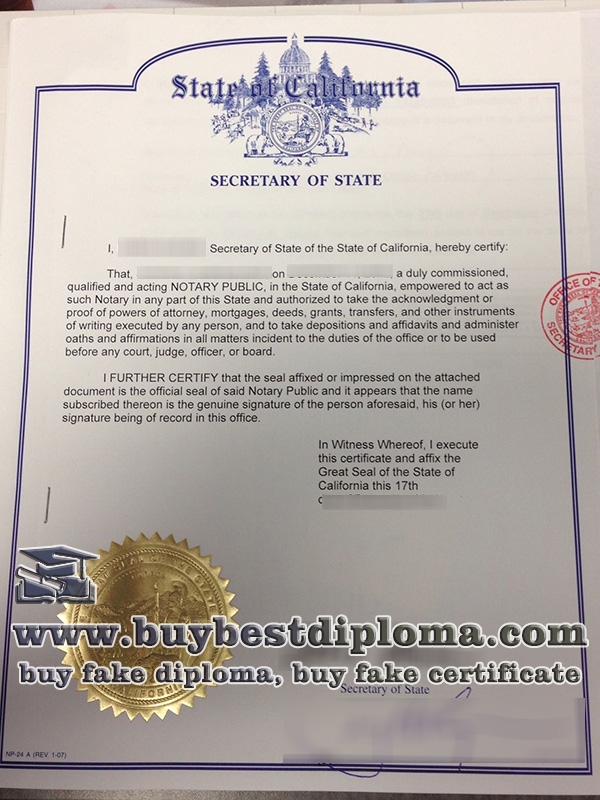
Do I Need An Apostille?
An apostille is an authentication certificate that’s used when sending documents to a country that is part of the Hague Convention Treaty of 1961.
The goal of an apostille is to simplify the process of legalizing and authenticating public documents, including Articles of Incorporation for businesses, when they’re transferred between countries.
An apostille is issued by the Secretary of State’s office in your state, as well as other officials such as U.S. federal court clerks or the U.S. Department of State Office Authentications.
If your document has been apostilled, it usually does not need additional certification or legalization in the country receiving it. However, some documents will need separate authentication.
What’s the difference of Australia apostille and authentication-
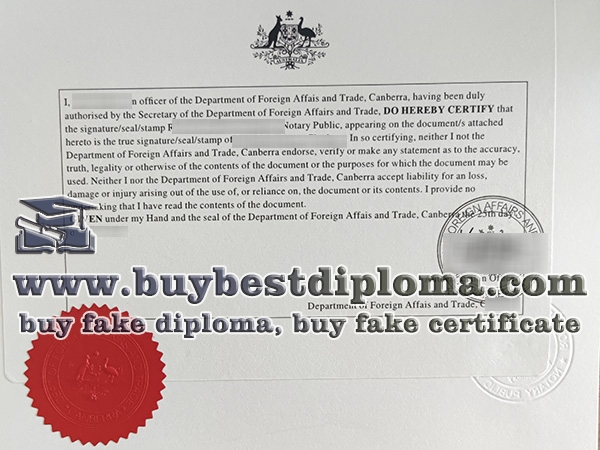
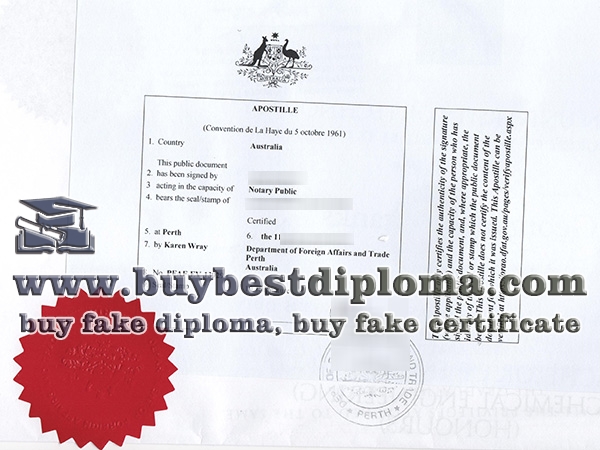
Which countries to use Certificate of Authentication?
For documents being sent to countries that don’t participate in the Hague Convention, a document of authentication will be necessary.
The authentication process requires a few extra steps.
First, the document must be notarized using the same methods that would be used to notarize a domestic document.
Then, the Degree is reviewed and Authenticated by state or county officials, Foreign Affairs.
Once authentication has taken place, the documents must be certified by the foreign jurisdiction where they’re being sent. This is called legalization and takes place at the country’s embassy or consulate.
